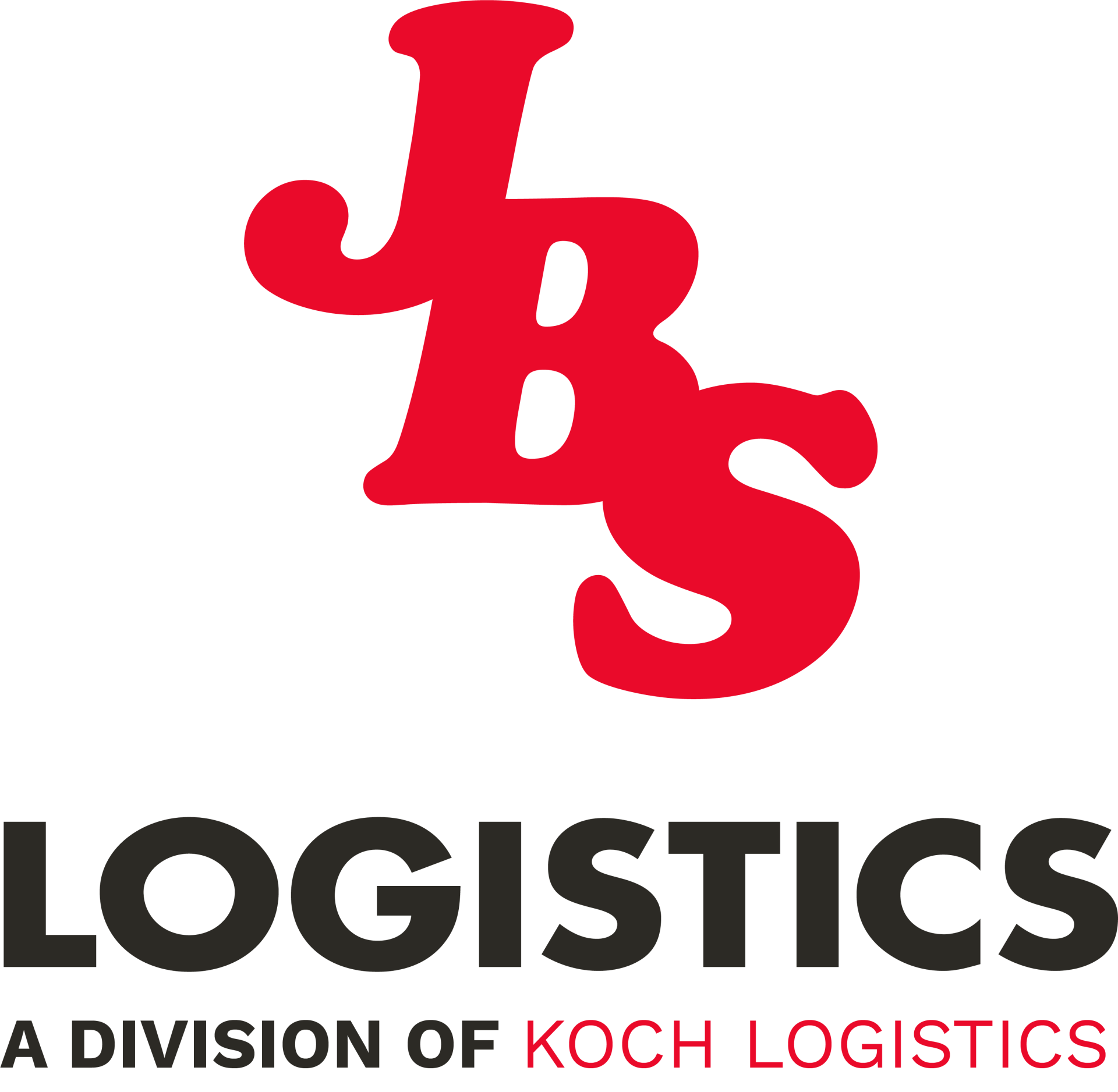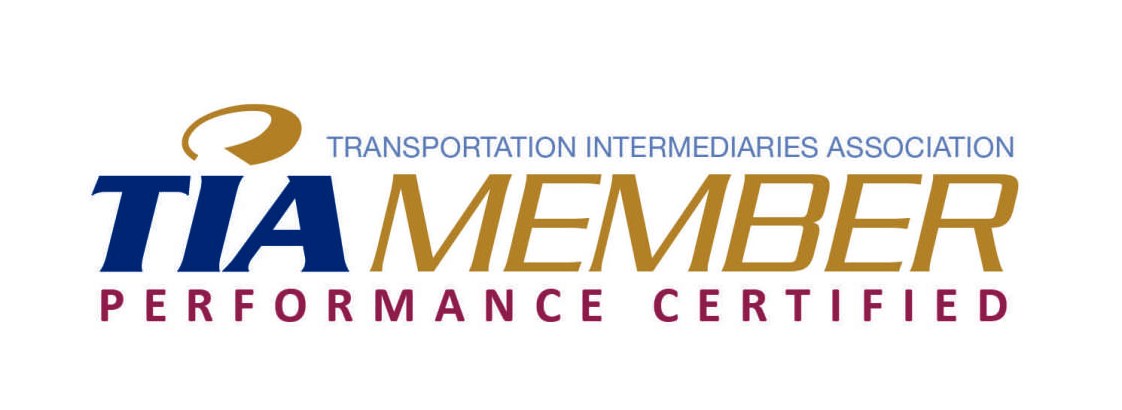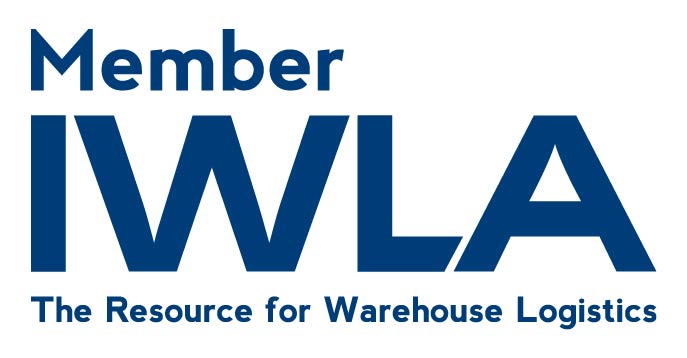Lobbying Congress
websitebuilder • June 27, 2016
Last week I joined 65 other Logistics professionals in Washington DC to tell our stories to Congress. The group organized by TIA (Transportation Intermediaries Association) visited with over 150 Congressional offices to talk about how pending (or lack of) legislation will affect our industry and eventually our businesses. Third Party Logistic (3PL) providers employ 128,000 people in the US with a payroll of over $7 Billion. The $157 Billion Dollar industry has been growing at rate 2-3 x GNP.
The two-day event was well organized by TIA staff, giving us great guidance and information to make our visits productive. I was fortunate to meet with Congressman Peter Roscam (R-IL 6th District) who represents our District.
However, with votes being cast throughout the 2 days, we did not always get to meet with the actual Senator or Congressman/-woman. For example, our group had 10 meetings scheduled but we only had the opportunity to meet 3 Members. This is my 5th time lobbying for TIA in DC and I have learned that sitting down with a member of Congressional staff is just as productive because their job is to inform (and sometimes influence) their boss about issues that are important to their constituents.
Specifically we addressed 3 issues that are the most pressing:
1. Compliance, Safety, Accountability (CSA) vs. Safety Fitness Determination (SFD)
The Transportation Intermediaries Association (TIA) fully supports the proposed Safety Fitness Determination (SFD). The SFD will clear up how safety ratings for motor carriers are presented to the public, and remove the confusion and liability traps that surround the four-tiered rating system. TIA supported the CSA Reform language included in the FAST Act, but the SFD is based on absolute measures and is not directly tied to CSA. Therefore, the SFD should not be delayed until the CSA study, certification, and corrective actions are taken. The entities that hire motor carriers, like 3PLs and shippers, cannot wait any longer for a clear-cut line to determine which carriers are safe to use and which carriers are not. The SFD provides us with that line. Additionally, the SFD would identify and remove the most egregious motor carriers from our nation’s highways, and drastically improve safety.
2. Protecting Workplace Advancement and Opportunity (PWAO) Act
President Obama announced a final rule on federal standards for exempting workers from overtime pay. The new rule will increase the salary level under which workers are eligible for overtime pay, from $455 per week ($23,660 per year) to $913 per week ($47,476 per year), and allow for this threshold to be automatically adjusted every three years. Although we agree that an increase is justified, we believe that the over 100% increase is too much for small businesses to absorb.
This proposed legislation (PWAO Act) will nullify the final rule and require the Department of Labor to conduct an economic analysis on the impact that increasing the mandatory overtime salary threshold will have on small businesses, non-profit employers, and public entities. This Act will also statutorily prohibit the automatic increase of the salary threshold that is included in the final rule. The overtime pay threshold has never been subject to an automatic increase before, and it is important that Congress and the American public have an opportunity to carefully consider the impacts on the overall economy.
3. The National Hiring Motor Carrier Standard (H.R. 1120)
The national hiring motor carrier standard would clarify and standardize industry best practices for hiring safe motor carriers. Currently, industry stakeholders are often asked to second-guess the FMCSA on determining which carriers are safe to operate and those that are not. Congress tasked the FMCSA with evaluating motor carrier safety and empowering them with the sole authority to revoke the interstate operating authority of unsafe motor carriers or otherwise place unsafe motor carriers out-of-service and off the road.
H.R. 1120 would require that before hiring a motor carrier, a shipper, broker, forwarder, and/or receiver ensure that the motor carrier is:
- properly registered with the Federal Motor Carrier Safety Administration (FMCSA);
- has obtained the minimum insurance; and
- has not been given an “unsatisfactory” safety rating.
H.R. 1120 plays an important role towards improving safety within the transportation industry specifically by establishing a National Standard for Hiring Motor Carriers. Under the Bill, an entity (broker, shipper, receiver, forwarder, etc.) would be required to ensure that a carrier is properly registered, has obtained the minimum required insurance, and is not rated unsatisfactory. Currently, there is no standard or duty of care an entity must take when hiring a carrier and this is a huge step towards removing unsafe carriers from the highways.
All 3 topics were presented and discussed to both Democratic and Republican Members with both sides having their typical partisan views on President Obama’s Overtime Rule. My optimistic view is that a compromise can still be reached before the elections, yet I am not so sure that will be the case. However if we choose to stay home and if we were to not present our side of the agreement, there would be no chance to persuade.
The old saying goes, “In Washington, you either have a seat at the table or on it”.
Alec A. Gizzi, President JBS Inc.
















